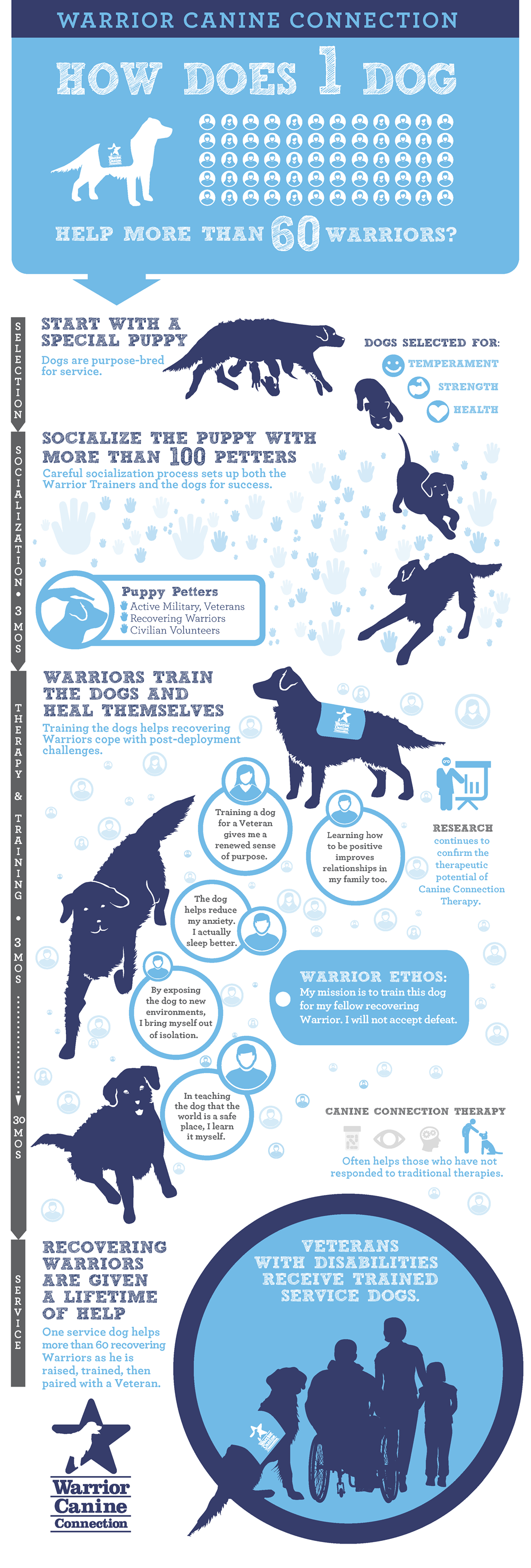Can Puppies Go To Daycare
Can Puppies Go To Daycare
Blog Article
Can Dog Day Care Cause Illness?
Pets in childcare get lots of exercise, socializing with various other pet dogs and distinct experiences. This can be particularly handy for pups and canines with behavioral concerns.
There are numerous legal considerations you need to take into consideration when beginning a doggy daycare company. These consist of the framework of your service and conformity with federal government regulations.
1. Pooch Distemper
Canine distemper is spread out via straight contact with the physical liquids and waste of a contaminated pet, but it can also be transmitted through shared water and food bowls or through airborne droplets. This highly contagious disease is most harmful for puppies, but it can affect canines of any age and is fatal for a lot of if left without treatment.
Preliminary signs of canine distemper commonly simulate an acute rhinitis, consisting of drippy eyes and nose with watery or pus-like discharge. As the illness advances, a pet dog will certainly create high temperature, coughing, lowered cravings, throwing up and looseness of the bowels. The virus can likewise assault the nervous system, resulting in seizures, twitching and partial or complete paralysis.
Trusted day cares decrease exposure to infection by requiring vaccinations, regular health examinations and adhere to stringent health procedures. If your puppy seems overly tired or hopping, a day off might assist him recuperate, but you should stay clear of taking him back to childcare up until these signs clean up.
2. Kennel Cough
Kennel cough, also known as infectious canine tracheobronchitis or Bordetella, is a highly contagious viral or microbial condition that influences the respiratory system system. It's generally moved with the exchange of saliva or air droplets that a sick dog exhales. Social canines are at higher risk for infection as a result of their constant communication with each other, such as when they play, share food or water, smell one another or simply fulfill in a jampacked setting like a pet dog park or day care.
The most usual signs and symptom of kennel cough is a persistent and forceful coughing that seems like something stuck in the throat or retching. Typically, canines will certainly cough up foamy white phlegm. If left without treatment, a canine can develop pneumonia and go to significant threat forever.
A respectable daycare center need to have stringent cleaning and hygiene procedures, sterilize all toys, food and water bowls consistently, and be open concerning their vaccination policies. Maintaining your pet dog as much as date on their inoculations, particularly for bordetella and canine influenza, will substantially minimize their chances of getting the health problem.
3. Parvovirus
Canine parvovirus, or parvo, is an extremely contagious viral health problem that can be lethal for puppies and young person pet dogs with poor immune systems. It's most generally spread by direct contact with infected canine feces-- which can happen when pet dogs sniff, lick, or preference infected feces-- and indirectly from infected people, objects, or atmospheres (like kennels, grooming areas and yards). Pups and pet dogs without complete inoculation histories are particularly susceptible to parvo.
The infection is extremely resistant, making it through in the setting for as much as 9 years, and can quickly be transferred in between dogs by get in touch with through feces or on footwear, clothing, and bed linens contaminated with parvovirus. Otherwise treated quickly with IV fluids, electrolyte equilibrium, vomiting control drugs and antibiotics to stop secondary microbial infections, a dog will quickly dry daycare for dogs near me out and establish extreme diarrhea, which causes shock and sepsis. Parvo is tough to treat as soon as a canine has actually become ill, yet with suitable vet care, lots of puppies do survive this ailment.
4. Dog Flu
Canine influenza infection is highly infectious and spreads through direct get in touch with, sharing food and water bowls, licking or nuzzling other pet dogs, via airborne droplets, and with contaminated surfaces. Inoculation is effective in decreasing the threat of infection and outbreaks.
Many influenced canines establish a light respiratory infection with a coughing that lasts 1-3 weeks. They might also have nasal and ocular discharge, sneezing, and sleepiness. Several of the most major instances result in pneumonia and a high fever.
If your canine shows any of these signs, do not bring them back to childcare until they are healthy. If your pet is showing indications of severe exhaustion or limping, speak to your veterinarian immediately and make certain they get on good health supplements to assist construct their resistance. A veterinarian will review your dog for signs of the influenza by taking an example from the nose or throat, and blood tests can be done to verify.